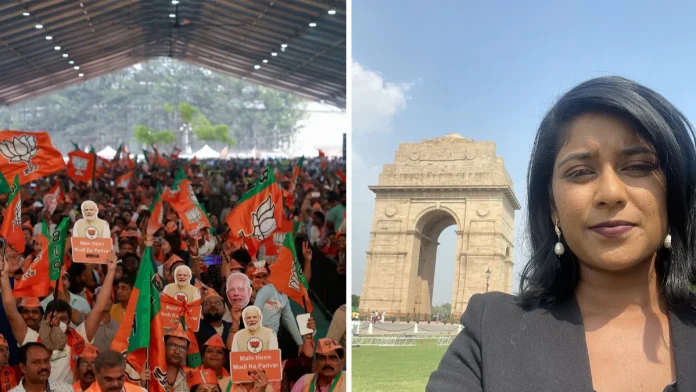The recent departure of Australian journalist Avani Dias from India has sparked a debate about the country’s visa policies and the role of the free press in democracy. Dias, who served as the South Asia Bureau Chief for the Australian Broadcasting Corporation (ABC), alleged that her work visa extension was denied due to her reporting “crossing a line.” However, Indian officials countered these claims, stating that Dias left for personal reasons. The incident has shed light on the intricacies of visa regulations and the importance of a free press in democratic societies.
In response to the allegations, the United States emphasized India’s sovereignty in determining which non-citizens are allowed entry, including international journalists. Vedant Patel, Principal Deputy Spokesperson for the US State Department, acknowledged India’s authority in visa matters while underscoring the vital role of a free press in democracy.
Avani Dias arrived in New Delhi in January 2022 but left abruptly on April 19, coinciding with the first phase of India’s national election. She claimed that her election accreditation was also hindered by an Indian ministry directive. However, a government official refuted these assertions, attributing Dias’s departure to personal reasons and a new job opportunity in Australia.
The incident underscores the complexities surrounding visa regulations and the challenges faced by journalists operating in foreign countries. It also highlights the delicate balance between national sovereignty and the principles of a free press. As countries navigate these issues, transparency and dialogue become essential in fostering mutual understanding and cooperation.
#IndiaVisaPolicy #JournalismEthics #FreePress #AvaniDias #USStateDepartment #Democracy #InternationalRelations


